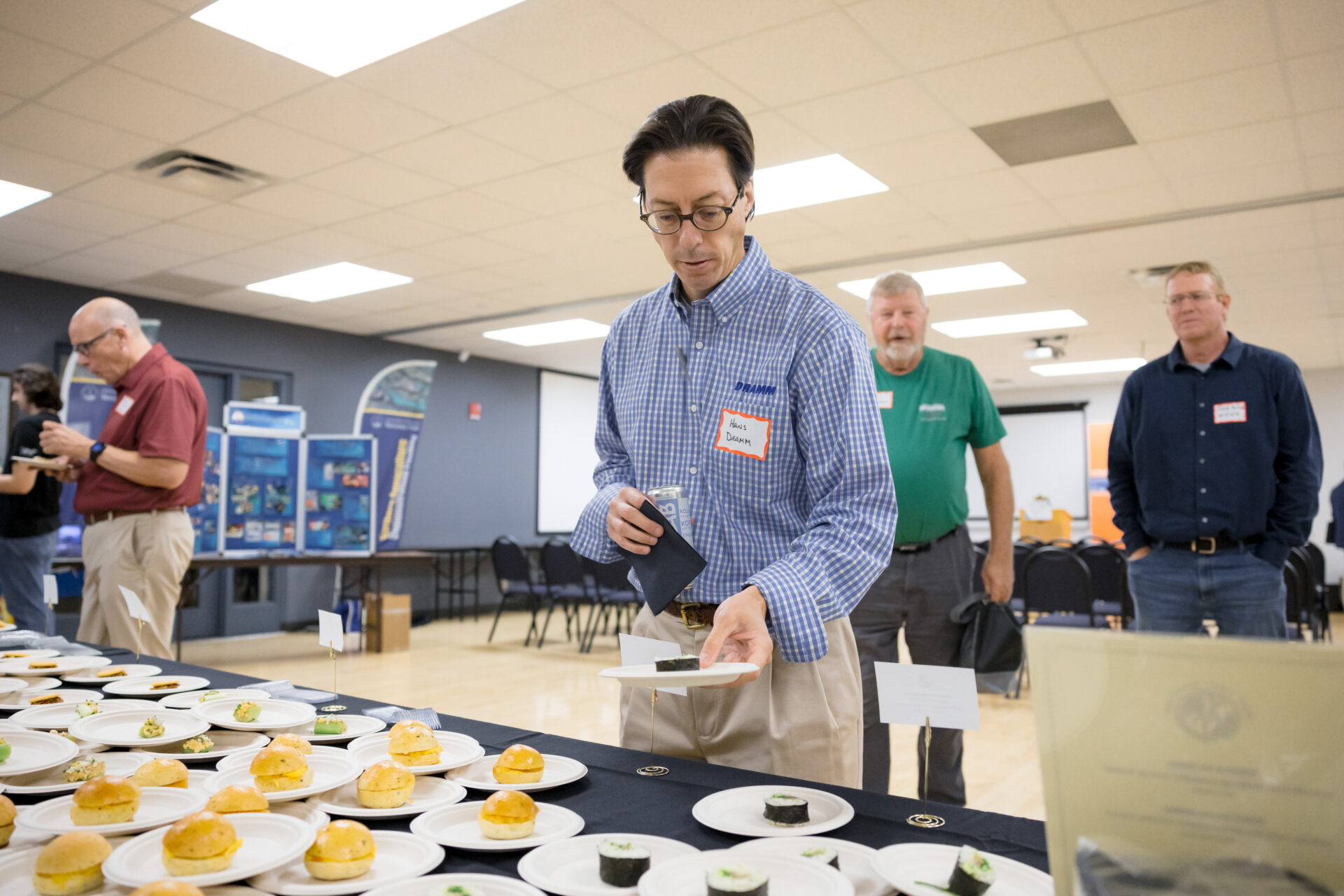Head to Tail Fish Showcase invites producers and consumers to think beyond the fillet
The 100% Great Lakes Fish initiative is finding new ways to use the whole fish.

The 100% Great Lakes Fish initiative is finding new ways to use the whole fish.
A new PFAS study found that natural foams on water contain high concentrations of the contaminants.
Moira Harrington, Wisconsin Sea Grant assistant director for communications, recently announced plans to retire, effective June 14. Rather than tiptoe into the waters of retirement gradually, Harrington will dive right in, making the decision only three months beforehand.
Sea Grant announces a $4.6 million investment in Great Lakes research, education and outreach over two years.
Prominent water contaminants researcher Christy Remucal takes over as Sea Grant director.
Sea Grant-funded research has found PFAS and PFOA, known as forever chemicals and detrimental to human health, have spread into the Great Lakes via a contaminated site in northeastern Wisconsin.